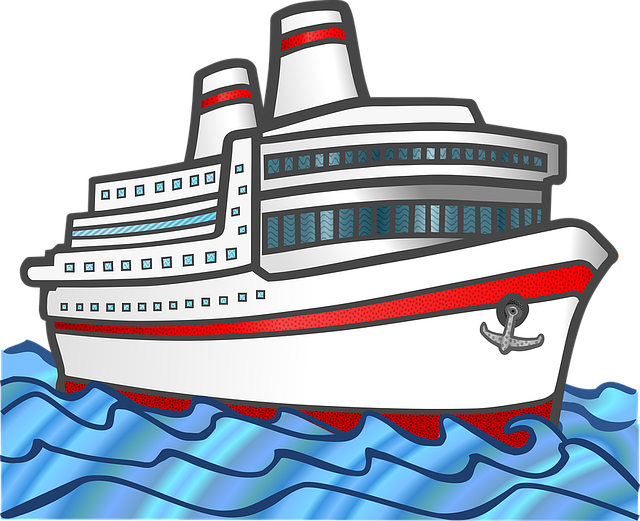Understanding vehicle shipping prices involves considering multiple factors such as vehicle type, size, distance traveled, location, time constraints, and desired service level. On average, shipping a vehicle across country costs between $1,000 and $2,500. By delving into these key influences – including sedan vs SUV types, distance, origin/destination, weather, shipping method, and service level – individuals can obtain accurate quotes and make informed decisions for their transportation needs.
- Understanding Vehicle Shipping Prices: Factors That Influence Cost
- Average Costs for Cross-Country Vehicle Transportation
- How to Compare and Reduce Shipment Expenses for Your Car or Truck
Understanding Vehicle Shipping Prices: Factors That Influence Cost

Understanding Vehicle Shipping Prices: Factors That Influence Cost
When it comes to shipping a vehicle across the country, one can’t help but wonder about the pricing behind this process. Vehicle shipping prices are not a one-size-fits-all proposition; they vary greatly based on several factors. The cost is determined by the type of vehicle, its size and weight, the distance traveled, and the chosen shipping method. For instance, transporting an SUV will be more expensive than sending a compact car due to differences in size and weight.
Additionally, location plays a significant role. Shipping a vehicle from a major urban center to another might be less costly compared to rural areas where distances are longer. Time constraints and the level of service desired also impact pricing. Rush shipping or real-time tracking services will naturally increase the overall cost. Understanding these factors is essential when planning to ship a vehicle cross-country, enabling users to get accurate quotes and make informed decisions.
Average Costs for Cross-Country Vehicle Transportation

Shipping a vehicle across the country can be quite an expense, with costs varying based on several factors. On average, expect to pay between $1,000 and $2,500 for domestic vehicle transportation over long distances. This range is influenced by the type of vehicle—cars, trucks, or SUVs—as well as their size and weight. Smaller sedans typically cost less to ship than larger vehicles like SUVs or pickup trucks.
Additionally, factors like the origin and destination locations play a significant role in determining vehicle shipping prices. Costs can fluctuate based on distance, with shipments covering longer routes usually incurring higher fees. Weather conditions and road accessibility also impact transportation costs, as do the chosen shipping method (truck, rail, or plane) and the level of service required (standard, expedited, etc.).
How to Compare and Reduce Shipment Expenses for Your Car or Truck

